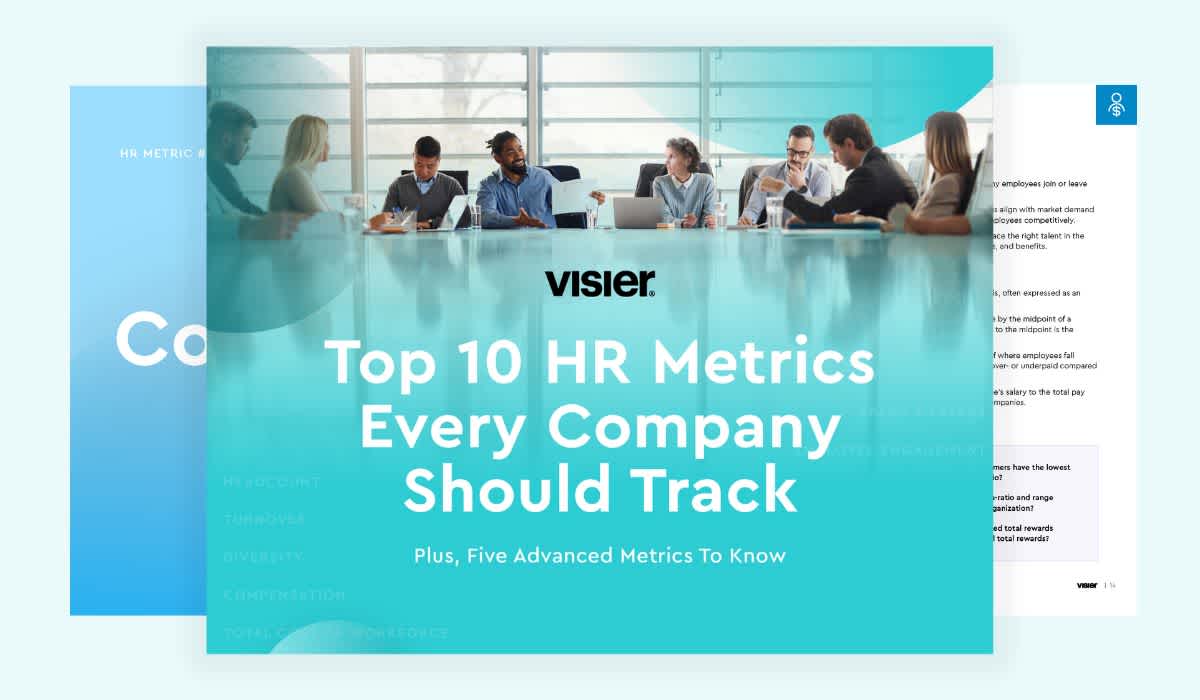What Is ESRS?
European Sustainability Reporting Standards (ESRS) are a key provision in the CSRD, aiming to standardize ESG reporting in the EU.

European Sustainability Reporting Standards (ESRS) were approved by the European Financial Reporting Advisory Group (EFRAG) in 2022. They outline requirements related to a number of environmental, social, and governance (ESG) issues. Reporting is mandatory for EU companies with more than 250 employees and will be introduced between 2024 and 2026.
The Standards are set to impact many more companies in the EU than were previously affected. An estimated 49,000 companies will be affected.
What type of reporting is required?
The ESRS requires companies to report on the impact of its operations and its value chain on the environment and people. In addition, companies must indicate how issues related to sustainability impact cash flow, financial position, and financial performance.
There are 11 topic standards that fall under the three ESG areas:
Environmental: Climate change, pollution, water and marine sources, biodiversity and ecosystems, resource and circular economy.
Social: Workforce, workers in the value chain, affected communities, consumers and end users.
Governance: Governance, risk management, and internal control; business conduct.
When will reporting be required?
The standards are scheduled to be finalized in June 2023. In January 2024 companies already required to report under the Non-Financial Reporting Directive (NRFD) will need to start reporting under the ESRS. Large companies not currently reporting under NFRD will be required to begin reporting under the ESRS in January 2025, and small and medium-sized enterprises (SMEs) in January 2026.
Why is ESRS reporting important?
In addition to regulatory requirements around ESRS reporting, issues related to sustainability and equitable business practices have become increasingly important to consumers, customers, and employees.
One of Visier’s top predictions for HR impacts in 2023 is that businesses will experience greater demand or proof of sustainable, equitable business practices. This will require a robust people analytics operation to ensure accurate and transparent reporting on ESG criteria, including people-related metrics like diversity and gender pay gaps.
Read more on ESRS and corporate reporting:


